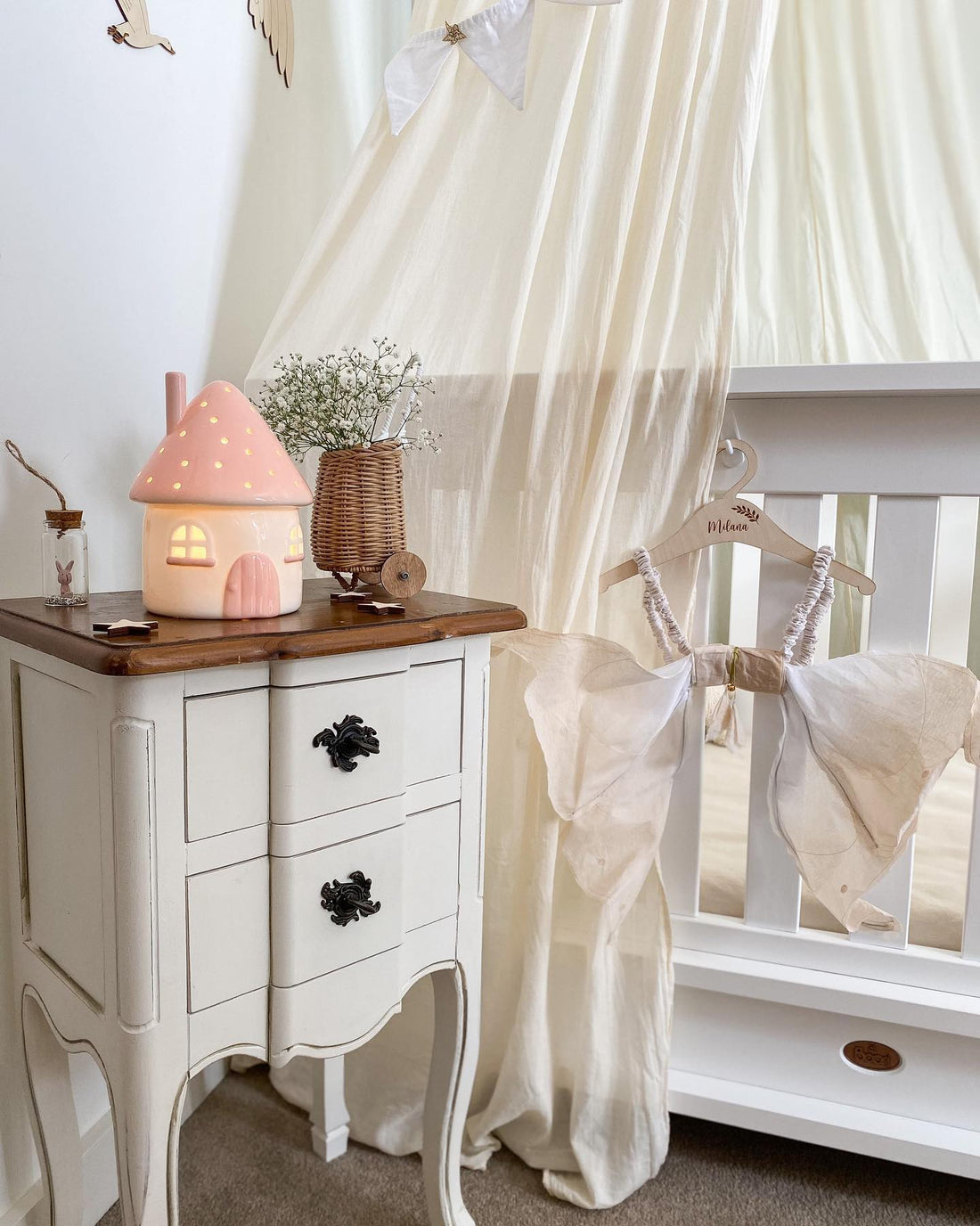
Baby sleep help
Share
Helping your baby to sleep
Some babies sleep much more than others. Some sleep for long periods, others in short bursts. Some soon sleep through the night, while some don't for a long time.
Your baby will have their own pattern of waking and sleeping, and it's unlikely to be the same as other babies you know.
It's also unlikely to fit in with your need for sleep. Try to sleep when your baby sleeps.
If you're breastfeeding, in the early weeks your baby is likely to doze off for short periods during a feed. Carry on feeding until you think your baby has finished or until they're fully asleep. This is a good opportunity to try to get a bit of rest yourself.
If you're not sleeping at the same time as your baby, don't worry about keeping the house silent while they sleep. It's good to get your baby used to sleeping through a certain amount of noise.
How can I get my baby used to night and day?
It's a good idea to teach your baby that night-time is different from daytime from the start. During the day, open curtains, play games and don't worry too much about everyday noises when they sleep.
At night, you might find it helpful to:
- keep the lights down low
- not talk much and keep your voice quiet
- put your baby down as soon as they've been fed and changed
- not change your baby unless they need it
- not play with your baby
Your baby will gradually learn that night-time is for sleeping.
Where should my baby sleep?
For the first 6 months your baby should be in the same room as you when they're asleep, both day and night. This can reduce the risk of SIDS (sudden infant death syndrome).
Particularly in the early weeks, you may find your baby only falls asleep in your or your partner's arms, or when you're standing by the cot.
You can start getting your baby used to going to sleep without you comforting them by putting them down before they fall asleep or when they've just finished a feed. It may be easier to do this once your baby starts to stay alert more frequently or for longer.
If you use a baby sling to carry your baby, make sure you use it safely.
Is it ok to have a nightlight in my baby's room?
To help your baby sleep and learn to differentiate between night and day, it’s best to keep the room as dark as possible at night time in their early days. But remember, those early days with your baby will be full of night wake-ups and feeds around the clock, and the right night light will prove invaluable.
As your baby grows, a night light will play a role in their bedtime routine, and a soft glow at nighttime will help them settle, as well as be providing reassurance when they wake up during the night.
Kids nightlights can help with separation anxiety; seeing familiar surroundings as opposed to the dark will be a huge comfort to your child. Once your baby transitions to their own room at six months, a night light will allow you to discreetly check up on your baby without needing to turn on the main lights.
Little Belle nightlights have the choice of different soft, baby-safe brightness glows to feed, comfort and change baby through the night, wherever you are in your home.
You can be assured that sending your baby to sleep with the red light setting of a little belle elfin light or unicorn nightlight will not interfere with your babies sleep. Using a red light has a much higher wavelength than white/blue/green light, which research shows does not inhibit melatonin.
Establishing a baby bedtime routine
You may feel ready to introduce a bedtime routine when your baby is around 3 months old. Getting them into a simple, soothing bedtime routine can be a great opportunity to have 1-to-1 time with your baby.
The routine could consist of:
- having a bath
- changing into night clothes and a fresh nappy
- putting them to bed
- reading a bedtime story
- dimming the lights in the room to create a calm atmosphere
- giving a goodnight kiss and cuddle
- singing a lullaby or having a wind-up musical mobile you can turn on when you've put your baby to bed
As your child gets older, it can be helpful to keep to a similar bedtime routine. Too much excitement and stimulation just before bedtime can wake your child up again. Spend some time winding down and doing some calmer activities, like reading.
How much sleep does your baby need?
Just as with adults, babies' and children's sleep patterns vary. From birth, some babies need more or less sleep than others. The list below shows the average amount of sleep babies and children need during a 24-hour period, including daytime naps.
Newborn sleep needs
Most newborn babies are asleep more than they are awake. Their total daily sleep varies, but can be from 8 hours up to 16 or 18 hours. Babies will wake during the night because they need to be fed. Being too hot or too cold can also disturb their sleep.
Sleep requirements at 3 to 6 months old
As your baby grows, they'll need fewer night feeds and will be able to sleep for longer. Some babies will sleep for 8 hours or longer at night, but not all. By 4 months, they may be spending around twice as long sleeping at night as they do during the day.
Baby sleep at 6 to 12 months
For babies aged 6 months to a year, night feeds may no longer be necessary and some babies will sleep for up to 12 hours at night. Teething discomfort or hunger may wake some babies during the night.
Sleep requirements from 12 months
Babies will sleep for around 12 to 15 hours in total after their first birthday.
2-year-old sleep needs
Most 2 year olds will sleep for 11 to 12 hours at night, with 1 or 2 naps in the daytime.
Sleep requirements for 3 to 4 year olds
Most children aged 3 or 4 will need about 12 hours sleep, but this can range from 8 hours up to 14. Some young children will still need a nap during the day.
Coping with disturbed nights
Newborn babies invariably wake up repeatedly in the night for the first few months, and disturbed nights can be very hard to cope with.
If you have a partner, ask them to help. If you're formula feeding, encourage your partner to share the feeds. If you're breastfeeding, ask your partner to take over the early morning changing and dressing so you can go back to sleep.
Once you're into a good breastfeeding routine, your partner could occasionally give a bottle of expressed breast milk during the night. If you're on your own, you could ask a friend or relative to stay for a few days so you can get some sleep.
Dealing with baby sleep pattern changes
All babies change their sleep patterns. Just when you think you have it sorted and you've all had a good night's sleep, the next night you might be up every 2 hours.
Be prepared to change routines as your baby grows and enters different stages. And remember, growth spurts, teething and illnesses can all affect how your baby sleeps.
If your baby is having problems sleeping or you need more advice about getting into a routine, speak to your doctor.
